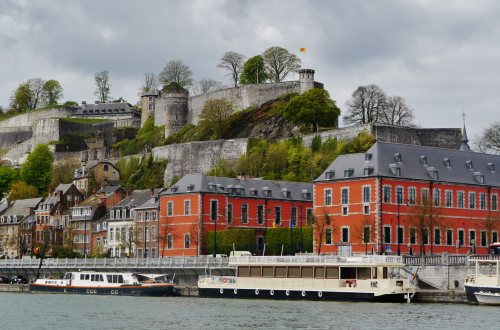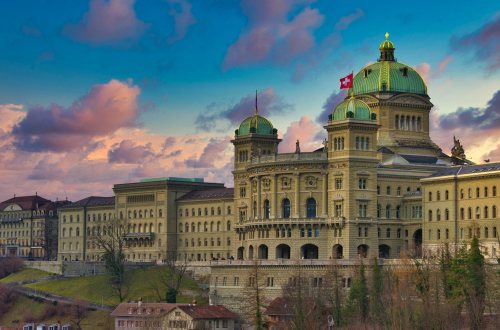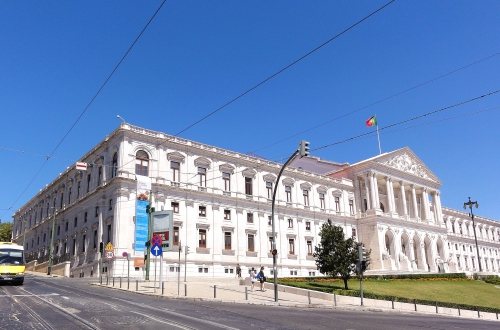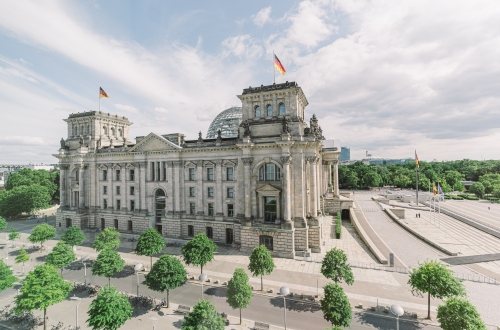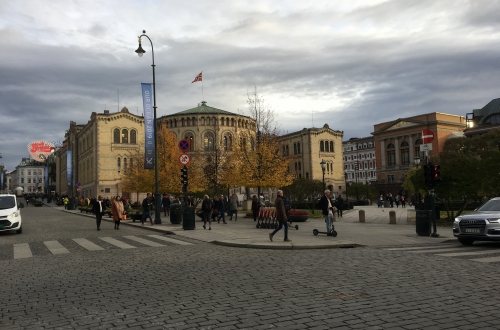Our foreign partners (6): The Finnish Committee for the Future
The Committee for the Future is part of the Finnish Parliament (Photo: Flickr)
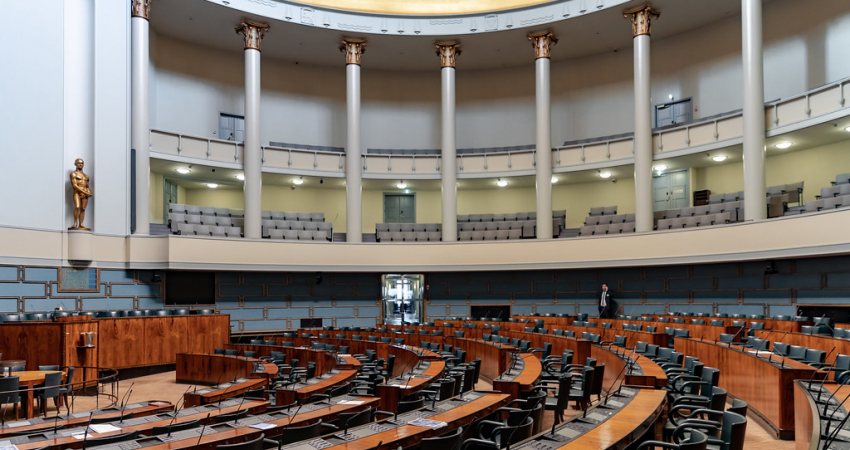
The Rathenau Instituut has been unique in the Netherlands for 35 years. Worldwide there are at least 22 other institutes that advise parliament and citizens on the possible societal consequences of technological developments. In the European Parliamentary Technology Assessment network (EPTA) they cooperate and try to learn from each other. Since the Netherlands was the EPTA chairman in 2021, we started a series of articles to get to know some of these institutes a bit better. In this final episode: Maria Höyssä of the Finnish Committee for the Future.
In short:
- The Finnish 'sister institution' of the Rathenau Institute is a standing committee of the Finnish Parliament.
- The committee responds to the report that every government has to publish on the long-term development of the country.
Maria Höyssä has a busy schedule and it is not easy to get a meeting with her. Together with the Committee Counsel, she provides substantive support to the Committee for the Future. The Committee is not an independent institution like the Rathenau Instituut, but a standing committee of the Finnish Parliament. It was established some 30 years ago to deal with the long-term development of Finland. All 17 members are parliamentarians.
What is the most important subject your committee is working on right now?
Next month, our government will publish its new Future Report. In the early 1990s, Parliament stipulated that the government should publish a report on the long-term development of our country in each legislative period. The Committee for the Future responds to this with its own report containing recommendations and resolutions. These resolutions are its most powerful weapon because the government has to follow up on them. The committee is also completing a report on artificial intelligence, AI. That was its own initiative. Last year, the committee asked 15 experts from universities and other institutions to each write a short article on a part of AI or a particular application of it. This ranges from healthcare to deepfakes and autonomous robots. The articles must be accessible to laymen.
What is the report’s target audience?
The main purpose is to inform the committee members themselves. Most reports we issue have a foreword that all committee members sign. This ensures that they feel committed to it. They often use the content when they go public, through social media, for example. Committee members can use the knowledge from such a report when preparing a reaction to the government's Future Report, or in the other parliamentary committees in which they are active, in this or, perhaps, the next parliamentary term. When we were working on a report on AI last year, the European Commission presented five proposals on AI or digitalisation in Brussels. The committee in our Parliament dealing with European Affairs asked Committee for the Future’s statement on this. They did so too when the EU came up with a plan to strengthen strategic foresight. Besides using the statement internally, they even translated it and sent it to Brussels. Also Education and Culture Committee and Transport and Communications committee regularly handle issues where statements of Committee for the Future are relevant, and vice versa.
It is important that parliaments pay sufficient attention to long-term developments.
Is your committee influential?
I have a feeling that the committee has grown in importance in recent years. I think it is in part due to its efforts to systematise foresight across the government. For example, in the previous term the committee made a resolution stating that the government should base its Future Report more on the foresight studies that the individual ministries conduct. That way, you get a more integrated vision than if that vision were only made by the Prime Minister's office, as was the case before.
What can the Netherlands learn from Finland?
Politicians are often inclined to look no further than the next election. It is important that parliaments pay sufficient attention to long-term developments. At the moment, this is in danger of being undermined somewhat because a great deal of attention is being paid to combating the pandemic. I will certainly not say that a separate parliamentary committee is the only way forward. What we do pay a lot of attention to in our committee is the use of experts. We organise many hearings. Of course these include the ministers and the institutions that advise the government, but we also invite independent experts. I don't know to what extent the Dutch Parliament does that as well, but we get a lot out of it.
What can you learn from the Netherlands?
Our work is mainly aimed at supporting decision-making in parliament. The Rathenau Instituut does that too, but it also focuses on organising the public debate about technological developments. This is also extremely important, of course, but with our small staff we don't really get round to it.
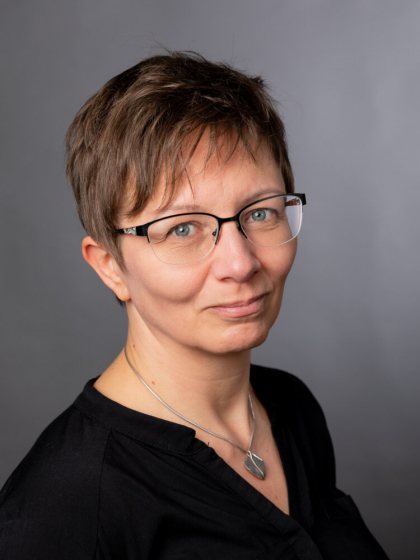
The Finnish Committee for the Future was set up in 1993 as a committee of the Finnish Parliament. Initially, it was a temporary committee, but around 20 years ago, its status was changed to permanent. Of the 200 members of parliament, 17 are members of this committee, which is supported in its work by four members of staff. The Prime Minister is the Committee's discussion partner within government. The committee can issue resolutions that oblige the government, but it can also make recommendations to other committees (statements).
The committee originates from a call by the Finnish parliament to the government in the early 1990s to publish a report on long-term goals and expectations every term. The main task of the committee is to formulate the parliamentary response to this report. In addition, it is engaged in technology assessment, foresight studies and the development of new democratic processes. The Committee's task is to identify developments that could affect Finland's future at an early stage so that Parliament can still influence them. Since 2017, it also publishes a report every term on the progress made in implementing the United Nations' action plan for sustainable development (Agenda 2030).
Cultural historian Maria Höyssä has worked for the commission as a senior advisor since 2017. In addition, she has an appointment as a senior researcher at the Finland Futures Research Centre at the University of Turku. Most of her work for the committee consists of liaising with the experts who support the commission by doing studies or by speaking at hearings.


